Information sharing advice for safeguarding practitioners
Overview
A revision of non-statutory advice to support practitioners in the duties and decisions they take to share information.
NB: Please ensure you read the draft information sharing guidance document at the bottom of this page before proceeding to answering the survey questions.
Why your views matter
We are gathering a range of views to help ensure that the information sharing advice provides more clarity, is easily understood, and instils confidence to share information appropriately amongst practitioners.
What happens next
The results of the consultation and the department's response will be published on GOV.UK in Autumn 2023.
Events
-
Information Sharing Advice for Safeguarding Practitioners consultation event
From 27 Jul 2023 at 13:00 to 27 Jul 2023 at 15:00The department will be holding 2 workshops targeted around specific aspects of the revised Information Sharing Advice for Practitioners on Thursday 27th July and on Monday 31st at 13:00
The booking system for these events can be found here.
-
Information Sharing Advice for Safeguarding Practitioners consultation event
From 31 Jul 2023 at 13:00 to 31 Jul 2023 at 15:00The department will be holding 2 workshops targeted around specific aspects of the revised Information Sharing Advice for Practitioners on Thursday 27th July and on Monday 31st at 13:00
The booking system for these events can be found here.
Audiences
- 16-18 year old students resident at these institutions
- Academies (including free schools), voluntary aided schools, voluntary controlled schools, foundation schools and community schools
- Adoptive parents
- Adult and mental health practitioners
- Adult education providers
- All
- Bodies representing schools and local authorities
- CAMHS
- Clinical commissioning groups
- Community representatives
- Contractors involved in building schools
- Designated institutions and 16-19 academies
- Designated safeguarding leads
- Directors of children's services
- Early learning and childcare providers
- Educational Psychologists
- Employers
- Faith bodies
- Film Industry representatives
- Fire sector
- Foster carers
- Further education colleges
- Governing bodies and academy trusts
- Government bodies and departments
- Governors
- Headteachers
- Health visitors
- Independent specialist colleges
- Local authorities
- Parents
- Principle social workers
- Pupils
- School business managers
- School nurses
- School support staff
- SENCOs
- Service managers
- Sixth form colleges
- Social workers
- Social workers
- Teachers
- Team managers
- Those evaluating programmes for children in need
- Those involved in underlying theoretical research on abuse and neglect, child development etc
- Those researching children’s social care or education systems, with links to educational outcomes of Children in Need
- Training providers
- Unions and representative organisations
- Universities
- Virtual school heads
- Volunteers
- Young people
Interests
- Academies
- Academy sponsorship
- Accommodation (Looked after children)
- Accountability
- Admissions
- Adoption
- Adult social care
- Adult social work
- Advocacy (Looked after children)
- All
- Alternative provision
- Apprenticeships
- Attendance and absence
- Behaviour and discipline
- Capital funding
- Care leavers and former looked-after children
- Careers guidance
- Community learning
- Converting to an academy
- Disabled children
- Early learning and childcare
- Early years foundation stage
- Education
- Equality
- Establishing maintained schools
- Financial management
- Financial support (Looked after children)
- Fostering
- Free Schools, studio schools and University technical colleges
- Friends and family care
- GCE AS and A level subject content
- GCSE subject content
- Governance
- HE
- Health and wellbeing
- Health and wellbeing (Looked after children)
- Intervention
- Keeping children safe in education and other settings
- Key stage 1
- Key stage 2
- Lifelong learning
- National Curriculum
- Participation of young people in education, employment and training
- Pay, conditions and pensions
- Performance tables
- Planning
- Post-16 funding
- Preventing neglect, abuse and exploitation
- Primary assessment
- Procurement for schools
- Programmes and initiatives (Looked after children)
- Pupil data
- Pupil place planning
- Raising the participation age
- Recruitment
- Safeguarding disabled children
- School and academy funding
- School building estates
- School funding reform
- SEND code of practice
- Setting up an academy or free school
- Sex and relationships education
- Short break care
- Social care standards and guidance
- Social workers' standards
- Special guardianship
- Statutory policies and guidance
- Sufficiency
- Support in education
- Teacher assessment
- Teachers' standards
- Teaching and learning (SEND)
- Training and development
- Travel to school and colleges
- Work based training

Share
Share on Twitter Share on Facebook